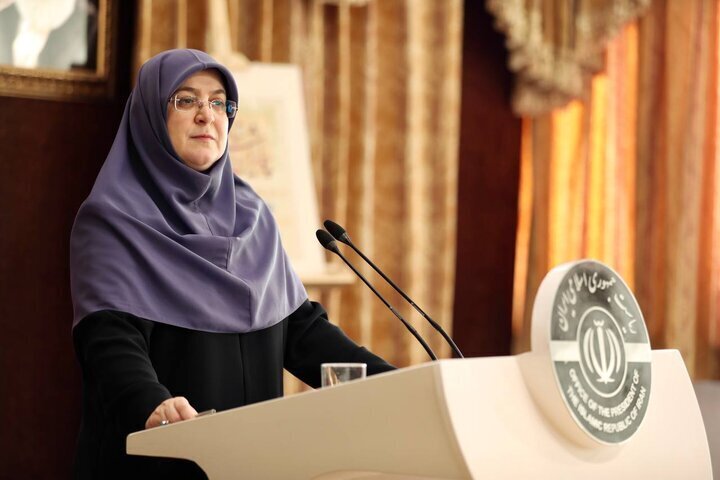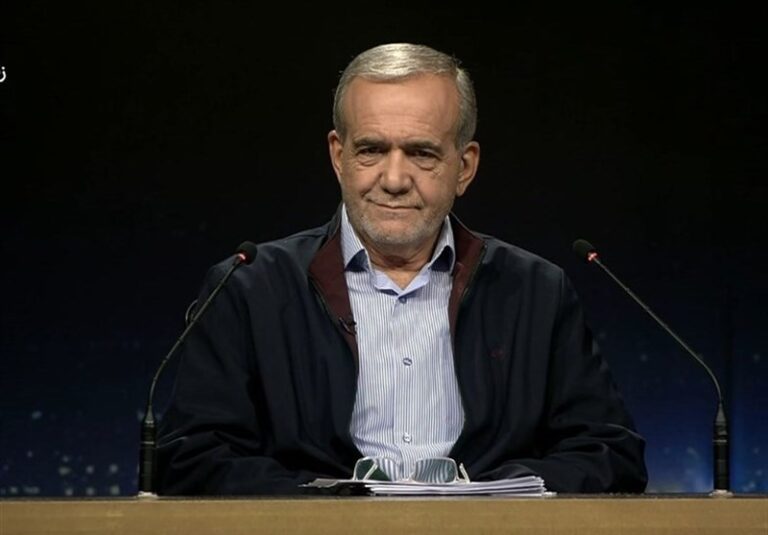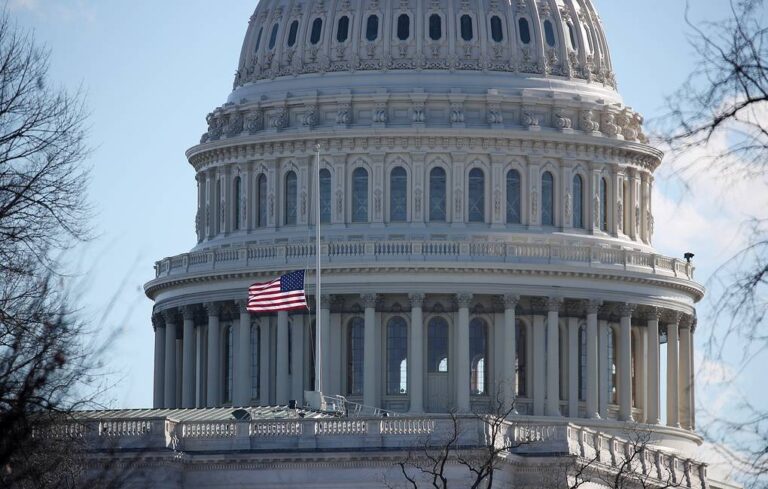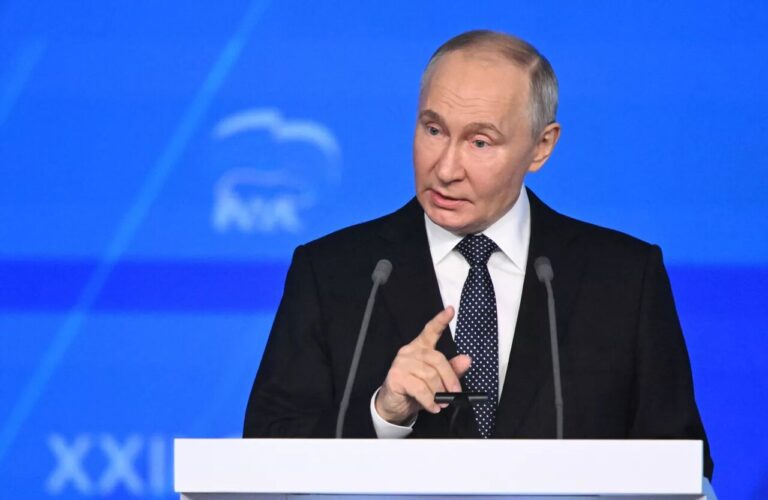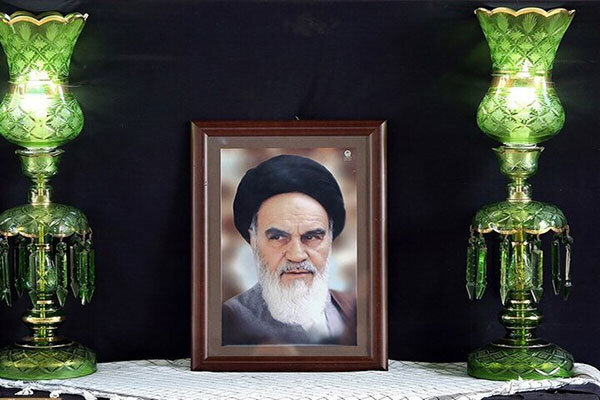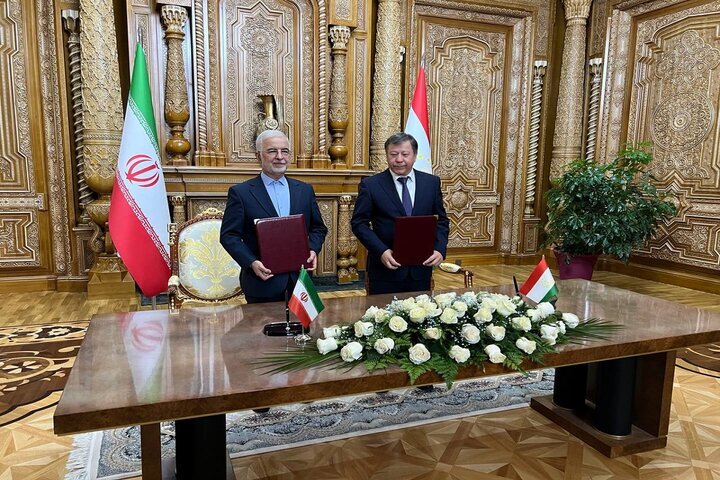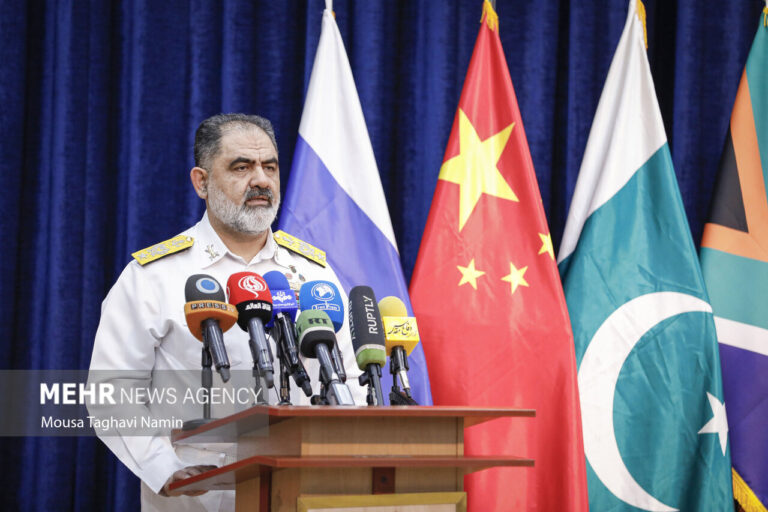Iran Demands Sanctions Relief in High-Stakes Talks with U.S.
In recent developments surrounding the Iran-US nuclear talks, significant progress has been noted. The ongoing discussions, which are crucial for diplomatic relations, have been characterized by a constructive atmosphere. This article delves into the latest updates on these talks, highlighting key points and insights from Iranian officials.
On Sunday, Mohajerani spoke to IRNA, indicating that the trend of talks between Iran and the US has been positive. Iranian Foreign Minister Abbas Araghchi and Steve Witkoff, the US president’s special envoy for West Asia affairs, have been leading two rounds of indirect discussions regarding Iran’s nuclear program. These took place in the Omani capital of Muscat and the Italian capital, Rome, on April 12 and 19, respectively.
Mohajerani emphasized that, “The Islamic Republic of Iran has always acted based on national interests and maintenance of the Iranian people’s dignity, and it also follows the principles of wisdom and expediency.” This statement underlines Iran’s commitment to its national priorities during these high-stakes negotiations.
She also highlighted that the Foreign Ministry is pursuing these talks as part of its defined duties and missions. It’s important to note that the Iranian administration remains focused on governing the country effectively, without losing sight of its primary responsibilities.
The indirect discussions between Tehran and Washington, mediated by Oman, are said to be taking place in a constructive atmosphere. Mohajerani outlined the primary objective of these negotiations:
- To explore practical steps aimed at reducing tensions between Iran and the US.
- To lay the groundwork for future technical discussions.
At the conclusion of the second round of talks, the Iranian foreign minister noted that Tehran and Washington had achieved a “better understanding” on certain principles and goals. This understanding is crucial as both nations agree to initiate expert-level technical discussions in Oman on April 23, with a third round of high-level indirect negotiations slated to begin on April 26.
In a recent post on his X account, Araghchi remarked on the latest round of talks with the United States in Rome, stating that there was progress made on the principles of a potential agreement. However, he also cautioned that any sense of optimism should be tempered with caution. He stated, “We made clear how many in Iran believe that the JCPOA is no longer good enough for us. To them, what is left from that deal are ‘lessons learned.’ Personally, I tend to agree,” referring to the 2015 nuclear deal, formally known as the Joint Comprehensive Plan of Action (JCPOA).
The backdrop of these discussions is marked by significant historical context. In 2018, during his first term, former US President Donald Trump withdrew from a previous agreement regarding Iran’s nuclear program and initiated a maximum pressure campaign against the nation. This policy was reinstated when Trump returned to the White House for his second term in January. However, he has recently shown a willingness to negotiate a new deal to replace the JCPOA.
In a letter dated March 12, Trump reached out to Iran’s leadership, expressing his desire for negotiations aimed at establishing a new agreement. Despite this, Iran has firmly ruled out direct negotiations with the US under conditions of pressure and threats, maintaining that indirect talks remain a viable option.
As the negotiations continue, the world watches closely to see how both nations navigate these complex issues. The outcome of these discussions may significantly impact not only their bilateral relations but also the broader geopolitical landscape.
In summary, the ongoing Iran-US nuclear talks have shown signs of progress, with both sides engaging in meaningful dialogue. As the situation evolves, it remains crucial for both countries to approach the discussions with caution, aiming for a comprehensive agreement that respects the interests of both parties.
